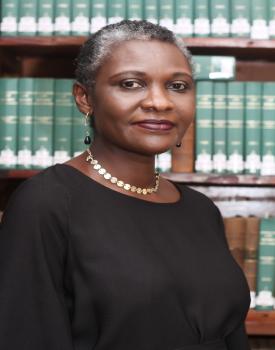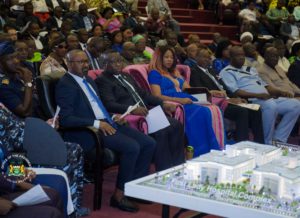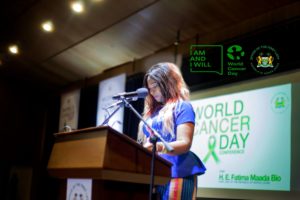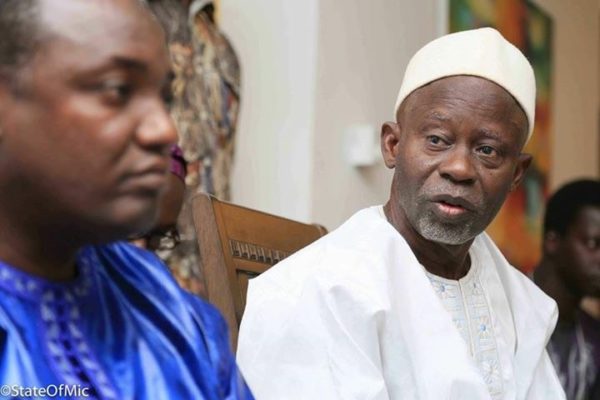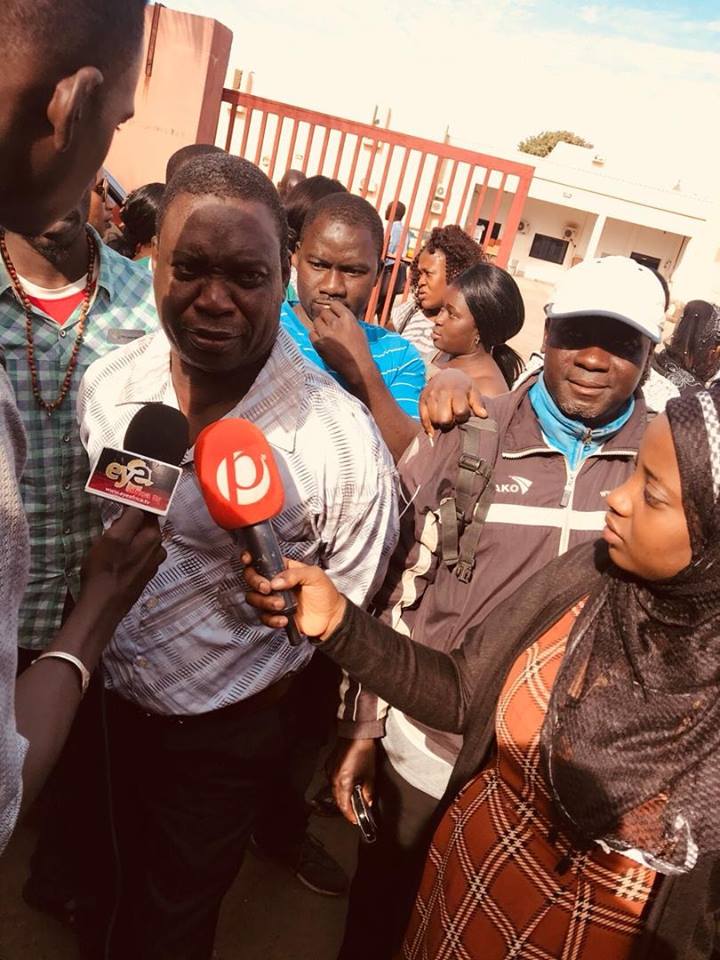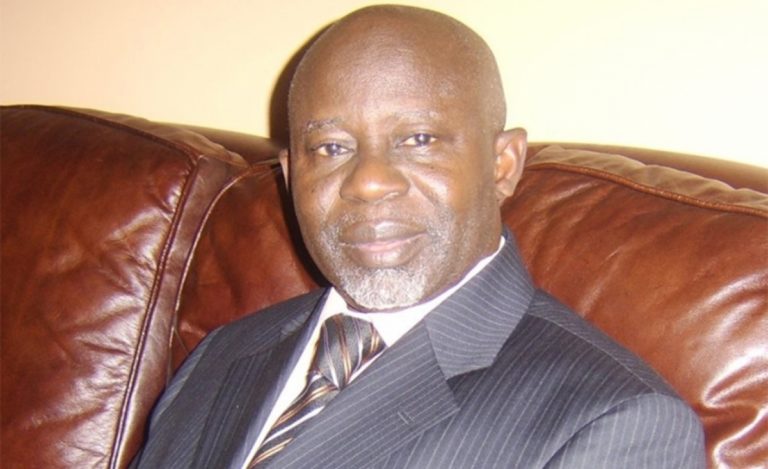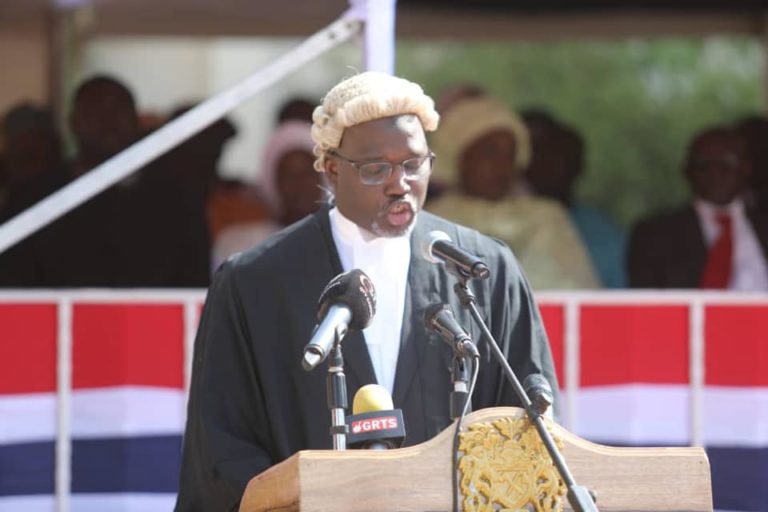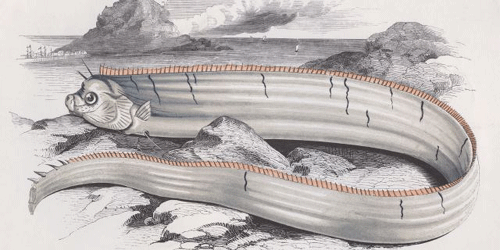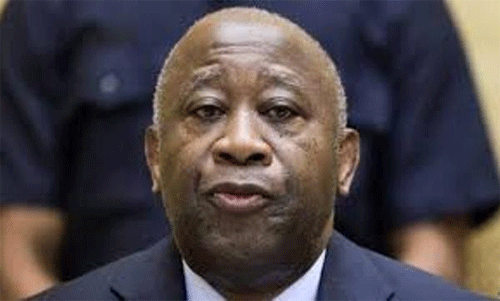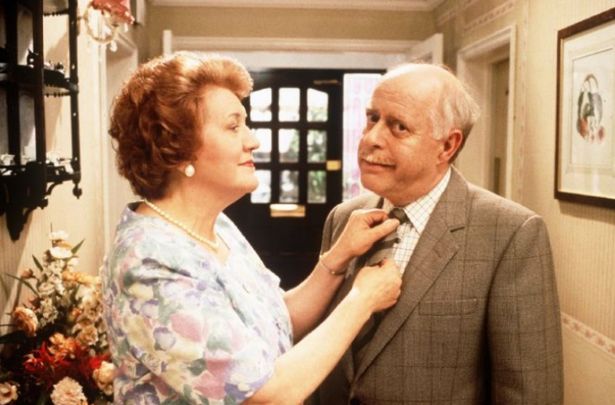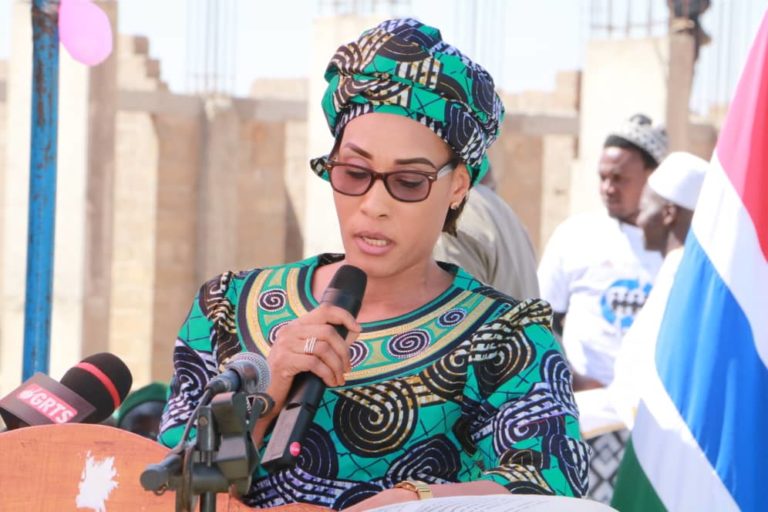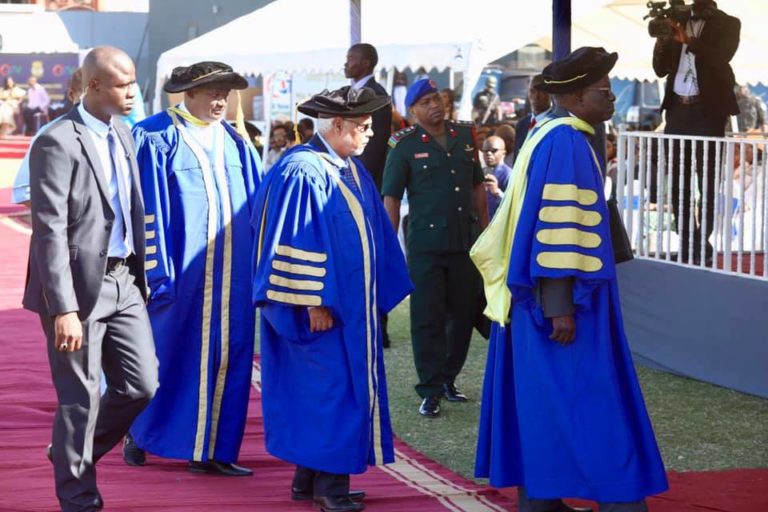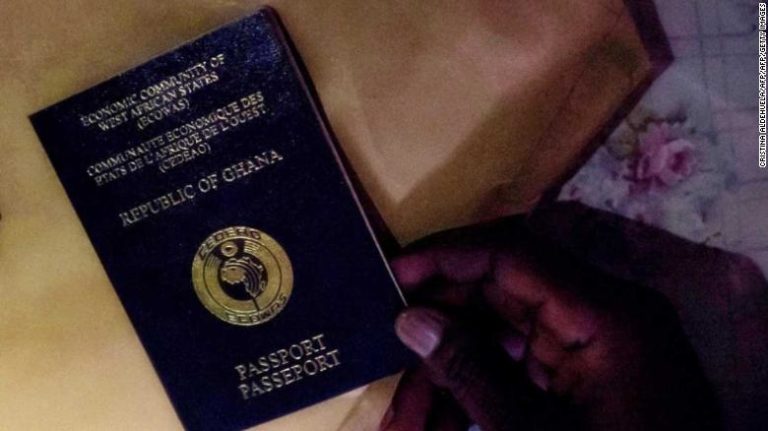Seedy Njie has called for the resignation of the president of the Gambia Bar Association.
The Gambia Bar Association president Rachael Mendy on Sunday sparked off controversy over her statement that President Barrow Youths for National Development was set up on one person’s agenda.
Former information minister Seedy Njie on Tuesday joined at least one senior Gambia government official Hamat Bah who have frowned at the Bar Association.
Njie said in a statement made available to The Fatu Network: “The statement of the Gambia Bar Association President on the occasion of the legal year with regard to President Barrow Youth for National Development, a registered organisation operating and exercising their fundamental rights guaranteed under a democratic and constitutional dispensation is ill-advised, politically motivated and a direct affront to the presidency of the Republic. Mrs Racheal Mendy’s statement is political and premeditated to settle a political score with the organisation on behalf of a political party and a total disregard to the fundamental law of the land enshrined in Section 25 subsection 1 a, b, c, d and e of the 1997 constitution which guaranteed citizens of their rights to association including political party and of religion as well as her disrespect and lack of regard for human rights, freedom of association and expression needed in a democratic society.
“The Gambia Bar Association was expected to reassure Gambian that it will always protect their liberties and democratic rights in accordance with the constitution but not to clamp down on rights of citizenry, dictatorial and anti human rights. Her argument that it can divide the youths is absurd and bogus as there are thousands of youth organisation including charitable, non political like the one she mentioned , political etc. in the country since creation and do not right her position.
“Racheal Mendy who can best be described as holding brief for a political party and of recent we heard a political party singing same statement which she echoed indeed brought embarrassment to the reputable Bar and raised lot of questions about her person which put the Gambia Bar Association in disrepute and a cause for concern especially her attempt to denied Gambians of their fundamental rights to belong and or association.
“Gambians awaits the resignation of Mrs Mendy from the Bar Association as she clearly put the body in disrepute . All Gambians acknowledged the gains on democracy and good governance accorded to citizenry by the current government and President Barrow’s personal resolved and commitment to rule of law, respect for fundamental rights and the independent of the judiciary.
“The very cloud of freedom of expression platform she stood, in the present of the Chief Protector of citizens right which is the president and to attack him directly without any fear of any actions even whereas her actions contradicted the values and principles of her organisation clearly demonstrate the gains on rule of law by the current government. That statement I’m sure do not represent the views of most members if not all of the bar. It is worth noting that people should make good use of the freedom and liberties guaranteed by the constitution without dishonesty and biassness.
“The TRRC, the commission of inquiry as established by law and constituted by the president is ongoing and as president of the Bar Association, she is expected to advocate for the observance of due process not to recommend for action against people who may have been mentioned disregarding the principle of innocent until proven guilty doctrine and conclusion of findings and recommendation to the president as per the provisions of section 203 and 204 of the 1997 constitution .”

